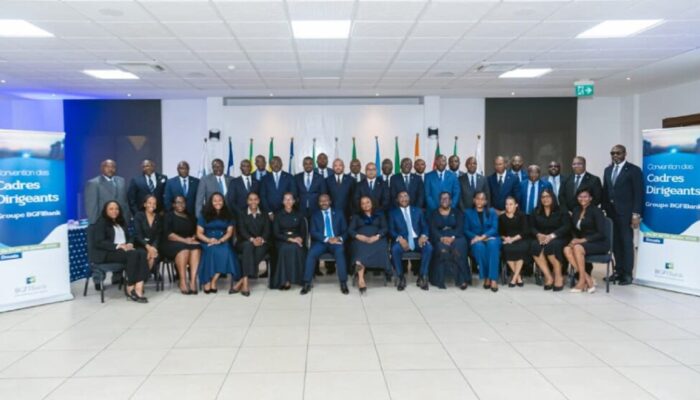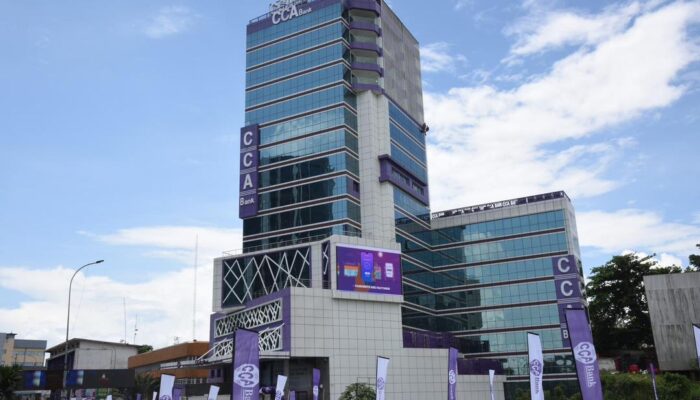The possible election of a Black pope would be far more than a religious decision—it would mark a rupture with centuries of tradition, reflect the evolving nature of Catholicism, and introduce major geopolitical and cultural implications. As the world watches closely, the impact of such a momentous choice could shape the future of the Church and international relations for years to come.

The election of a new pope is always a moment of global significance, but if the 2024 conclave were to select a Black pope, it would mark an unprecedented historical shift. The Catholic Church has existed for over two thousand years, yet no African has ever held its highest office. Beyond symbolism, such a decision would redefine the Church’s structure, challenge long-standing traditions, and raise profound questions about faith, leadership, and global influence.
For centuries, the Catholic Church has been predominantly led by European popes. A Black pope would break this tradition, signaling a broader recognition of the Catholic faith’s universality. Africa, where Catholicism is growing at an impressive rate, has become a spiritual powerhouse, while traditional strongholds like Europe see declining numbers of believers. Electing a pope from Africa would validate this momentum, reinforcing the continent’s central role in the future of the Church.
The significance of such an election would extend beyond the religious sphere. A Black pope would inevitably influence global geopolitics, particularly regarding issues of poverty, migration, and social justice. African nations, often perceived as peripheral in Vatican affairs, would gain prominence, and diplomatic relations between the Holy See and the Global South could shift dramatically. Governments worldwide would closely monitor how this new leadership might affect international discussions on humanitarian efforts, development aid, and interfaith relations.

At the same time, controversy would likely emerge. The Catholic Church has long debated issues such as LGBTQ+ rights, reproductive health, and immigration policies. A pope from Africa, depending on his doctrinal stance, could either reinforce the Church’s conservative positions or advocate for reform. If he were to embrace traditionalist views, some would see his election as a step backward, while others would argue it reaffirms Catholic identity. Conversely, if he pushed for modernization, it could create new tensions among more conservative factions within the Church.
An African pope would also bring a unique perspective on spirituality, shaped by a continent where faith is deeply intertwined with culture and community. African Catholicism is known for its energetic worship, vibrant expressions of belief, and strong social engagement. His leadership might encourage a renewed focus on grassroots evangelization and social activism, inspiring a shift in the global Church’s priorities. However, balancing these traditions with Vatican protocols would be a delicate task, requiring adaptation and diplomacy.
The potential election of a Black pope would mark a defining moment in history. It would not simply be about representation but about reshaping the global narrative of Catholicism. Whether this shift happens now or in the years to come, the possibility itself signals a Church evolving in response to its diverse faithful. If the world holds its breath at this moment, it is because such a decision would not just be groundbreaking—it would be transformative, influencing the Church’s future for generations to come.






